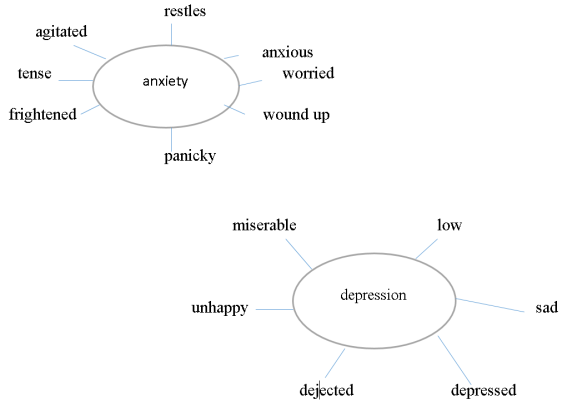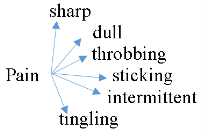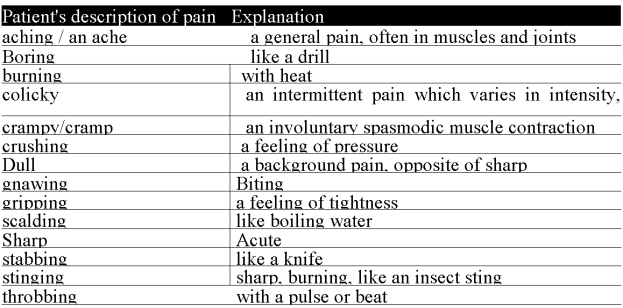The article is devoted to some aspects of English Language teaching in non-Lingustic universities (on the basis of AMU).
The author researched the ways of development reading, writing, speaking and listening skills of the students with the up-to-date versions. The thoughts given by the author help to development of the competent approach to it and rise the effectiveness of this process.
Keywords: technology, perfection, progress, an excellent academic career, improve on.
Foreign language is one of the main subjects, taught in non-linguistic high-schools today. It broadens our minds and is especially important for those who work in different fields of science and technology such as politics, medicine, economy, art, international sport, music, tourism and etc.
It’s worth to mention the proverb of Johann Goethe: “He who does not know foreign languages does not know anything about his own” (1)
It’s not a secret for anybody that English is the most popular language in the world. It is quite necessary for those who study science, but also for those who wants to enlarge his cultural and intellectual horizons. In the epoch of globalization and expansion of international contacts this language gains a special value. 75 % of world mail is in English, 80 % electron information is kept in English.
Today English speaking skilled specialists are on demand and as we see it is impossible to get a prestige highly paid job without English language.
English is also a language of the Internet. Many websites are written in English — you will be able to understand them and to take part in forums and discussions.
English is not only useful –it gives you a lot of satisfaction. Making progress feels great. You will enjoy learning English, if you remember that every hour you spend gets you closer to perfection. Its importance cannot be overstated in an increasingly interconnected and globalized world. For the millions of immigrants who travel the world from non-English — speaking countries every year, learning to communicate in English is important to enter and ultimately succeed in mainstream English speaking countries. Working knowledge of the English language can create many opportunities in international markets and regions.
The main goal of this investigation is focused on the necessity of changing existing approach to the foreign language teaching in non-linguistic high schools and the importance of searching of new ways and methods in this work. The realization of the competent approach to it will rise the effectiveness of this process. It will be the way of changing the goal of teaching into the formation foreign language professional-communicative competention of the future specialists, their readiness for doing the professional activity basing on the teaching the foreigh experience in a definite fild of science and technique and also for realization of cultural and professional communication basing on the formed competentions gained during foreigh language learning process.
It will be based on the modernization of the teaching process:introduction of new modern topics and terms reflecting modern profile disciplines of the high school, in our case they are: modern medical terms:
As an example some following symptoms of psychiatric disease can be given:
— A delusion is a firmly held belief which is wrong but not open to argument. For example, a deluded patient may not accept that his psychiatrist is in fact a psychiatrist.
— Dementia is significant mental deterioration due to physical changes in the brain.
— Disorientation is mental confusion about time, place or identitv.
— Hallucinations are apparently normal perceptions which happen without the appropriate stimulus. Any of the senses can be involved but especially vision and hearing.
— Illusions are misinterpretations of real stimuli.
— Obsessional symptoms are stereotyped ideas or impulses which the patient cannot resist. They include obsessional thoughts and obsessional rituals.
For describing a patient’s mood during mental state examination, it is better to use the following words:

Fig. 1
Pain is one of the commonest symptoms which can be described in different forms.

Fig. 2

Fig. 3. Description of pain
For this purpose it is necessary to prepare a system of communicative and professional exercises and methodical guidance for teaching medical students, which will help to develop professional progress of future specialists. In non-linguistic high schools English language teaching must be realised in 3 directions: reading, writing, speaking and listening. And all the teaching process must be carried out focusing on the profile of future specialists. Only textbook material is not enough for this purpose, it is advisable to use Internet material on a definite topic on the form of presentation with its further discussion.
Medicine is a field where innovations and development are constant. So the teaching process must be based on advanced medical materials (the modern ways of treatment of definite diseases) and use journal articles. These texts and journal articles must be chosen with the most up-to-date versions (the internet sources).
Becides the development of students’ speaking, listening and writing skills a particular attention must be given to development of professional communicative skills with patients and medical collegues.
Development of writing skills means writing referral letters and completing a range of medical documents.
The development of translation skills is the most important one as in medical text there are many words and word combinations which have different meanings. There are various problems of translation: lexico-grammatical, stylistic, phraseological and terminological. In translation of medical texts becides general philological knowledge the interpreter must have also a good competence as the medical text includes many latin terms, abbreviations and special medical terminology.
The translation of medical texts deals with people’s health and life, so it is necessary not only to have deep knowledge of the foreign language but also medical knowledge. The best way of translation is according to the theory of translation with the names of some diseases, ways of their treatment and the names of medicaments and medical preparations. During translation it is very important to preserve complete meaning of the original text.
One of the main problems of translation of medical text is availability of non-equivalent vocabulary and the absence of lexical units in the language.
Among the terms used in modern literature the majority is the terms taken from Latin. These terms also form the modern pharmo-receptive lexic, which makes problems in the medical text translation. It should be mentioned that in medical texts there is a difference in names of diseases in Latin and English. Some infections diseases, for example, have two names.
Tabl. 1
|
The disease’s name in Latin |
The English equivalents |
|
morbilli/rubeola |
measles |
|
rubella |
German measles |
|
varicella |
chickenpox |
|
infectious parotitis |
mumps |
|
pertussis |
whooping cough |
|
acute laryngotracheitis |
croup |
|
scarlatina |
scarlet fever |
Becides Latin terms in medical texts there are special anatomical ones:
Tabl. 2
|
Anatomical term |
The English equivalents |
|
cranium |
skull |
|
mandible |
jaw bone |
|
vertebral column |
spine |
|
sternum |
breastbone |
|
costa |
rib |
|
clavicle |
collarbone |
|
scapula |
shoulder blade |
|
femur |
thigh bone |
|
patella |
kneecap |
|
tibia |
shinbone |
References:
- Maxims and Reflections by Johann Wolfgang von Goethe. Translated by Bailey Saunders with Preface New York, The Macmillan Company, 1906, 259p.
- Зубова Л. Ю. «К вопросу об особенностях и трудностях перевода английских медицинских сокращений».-Воронеж.,2005

